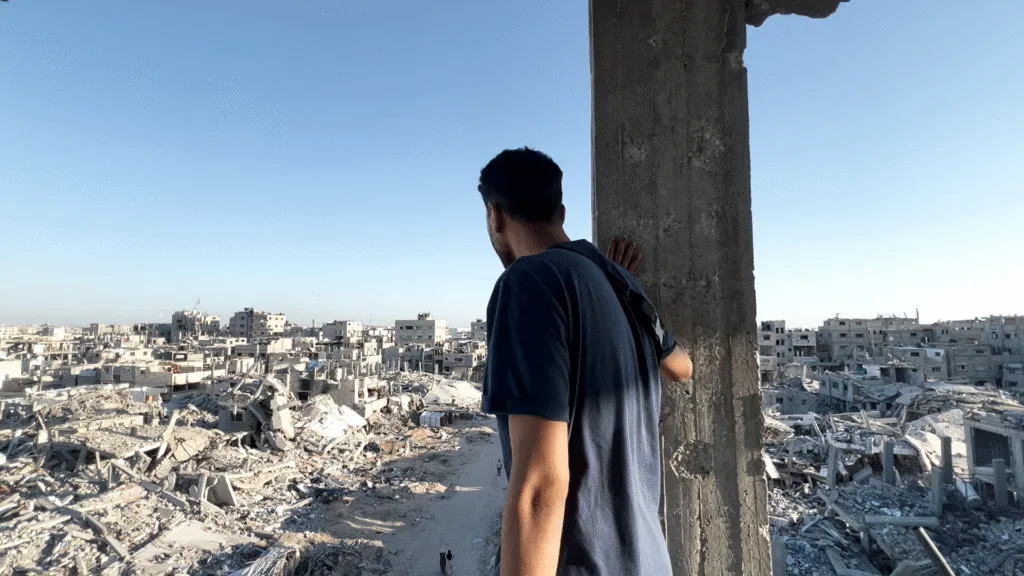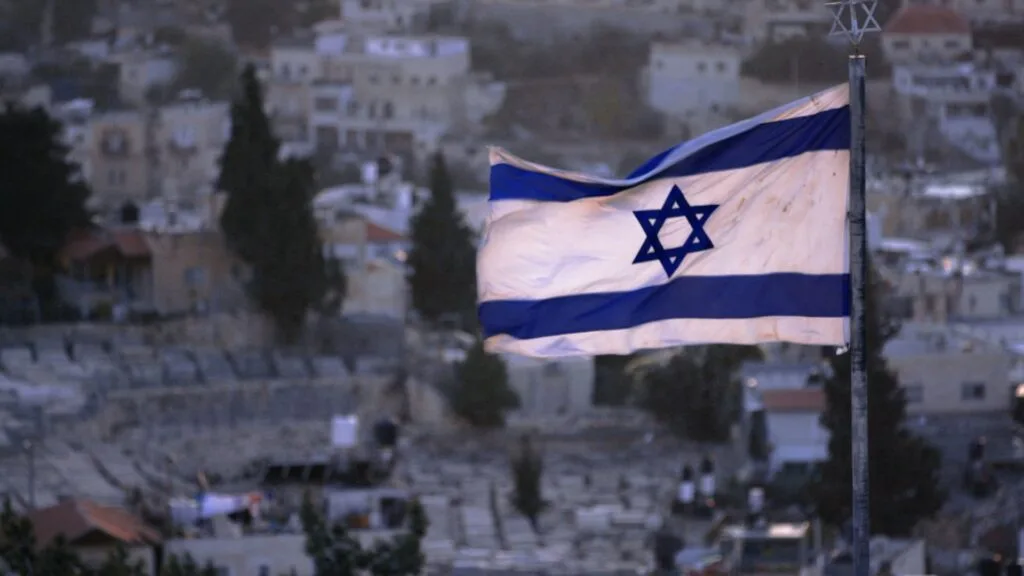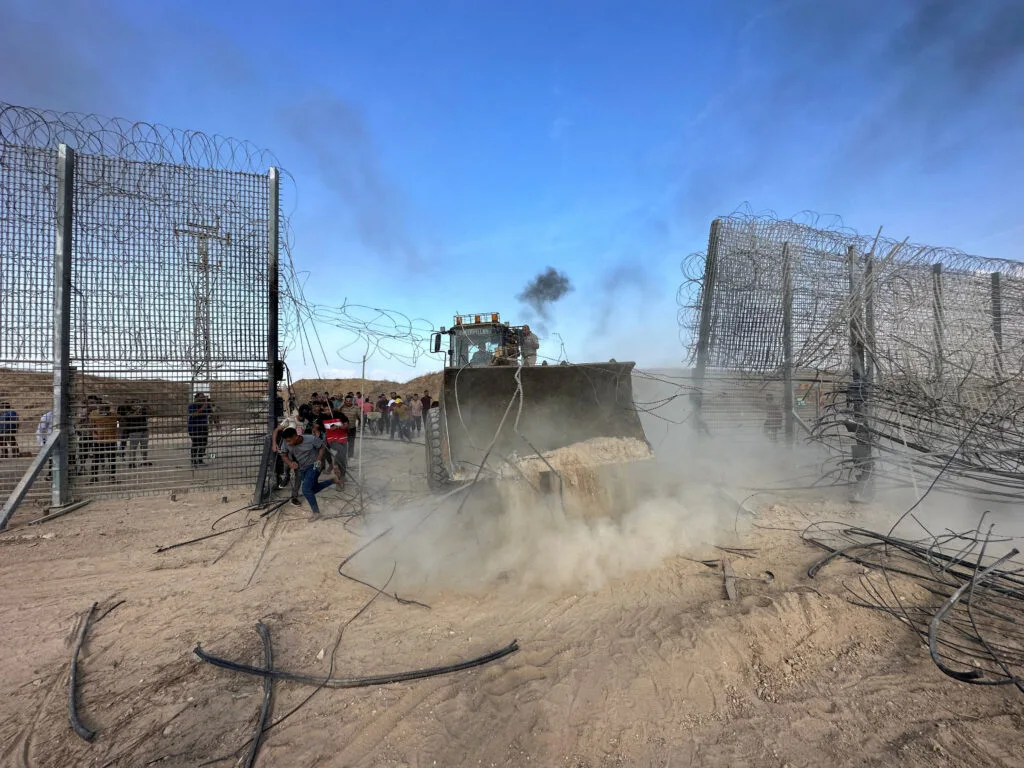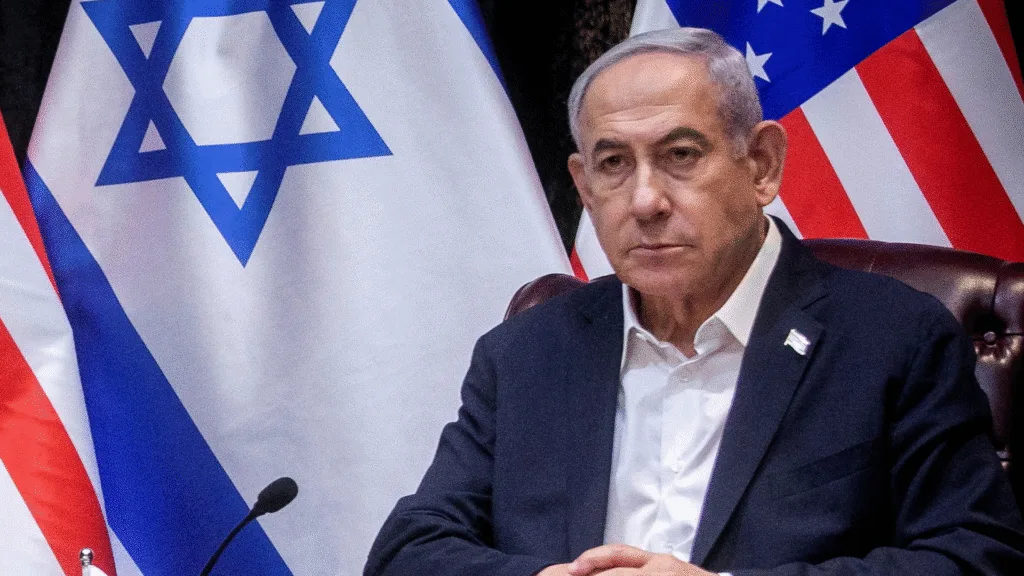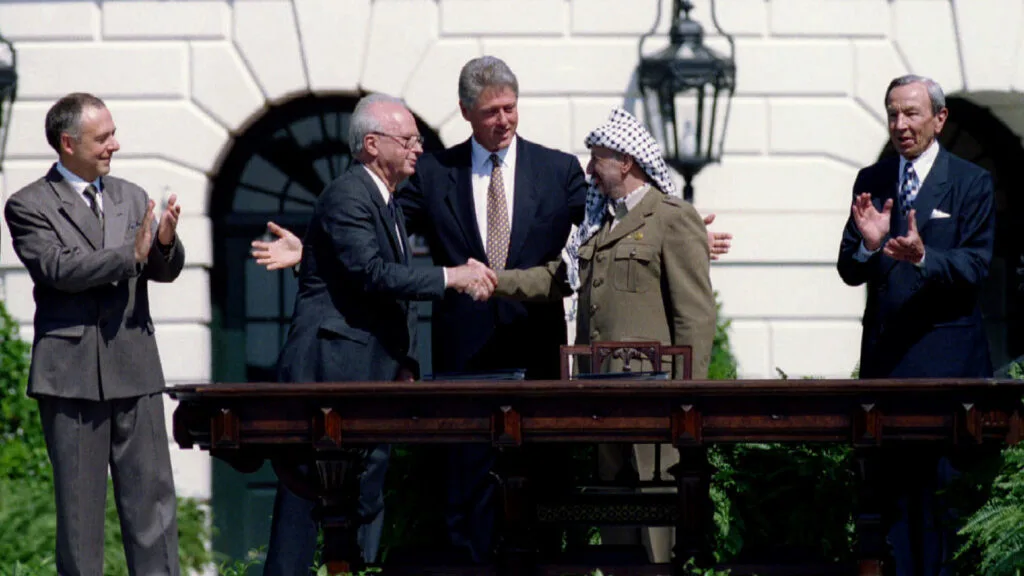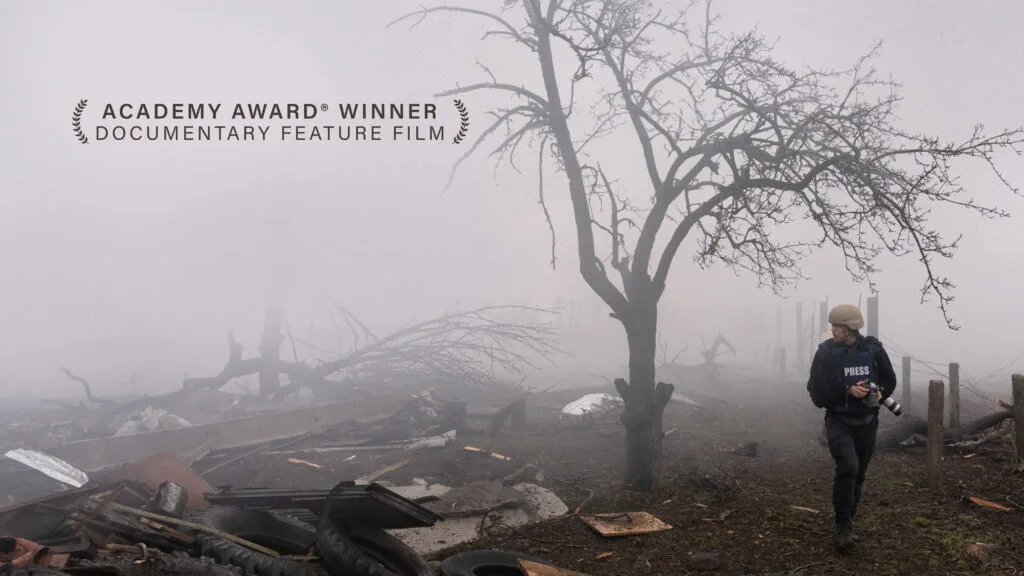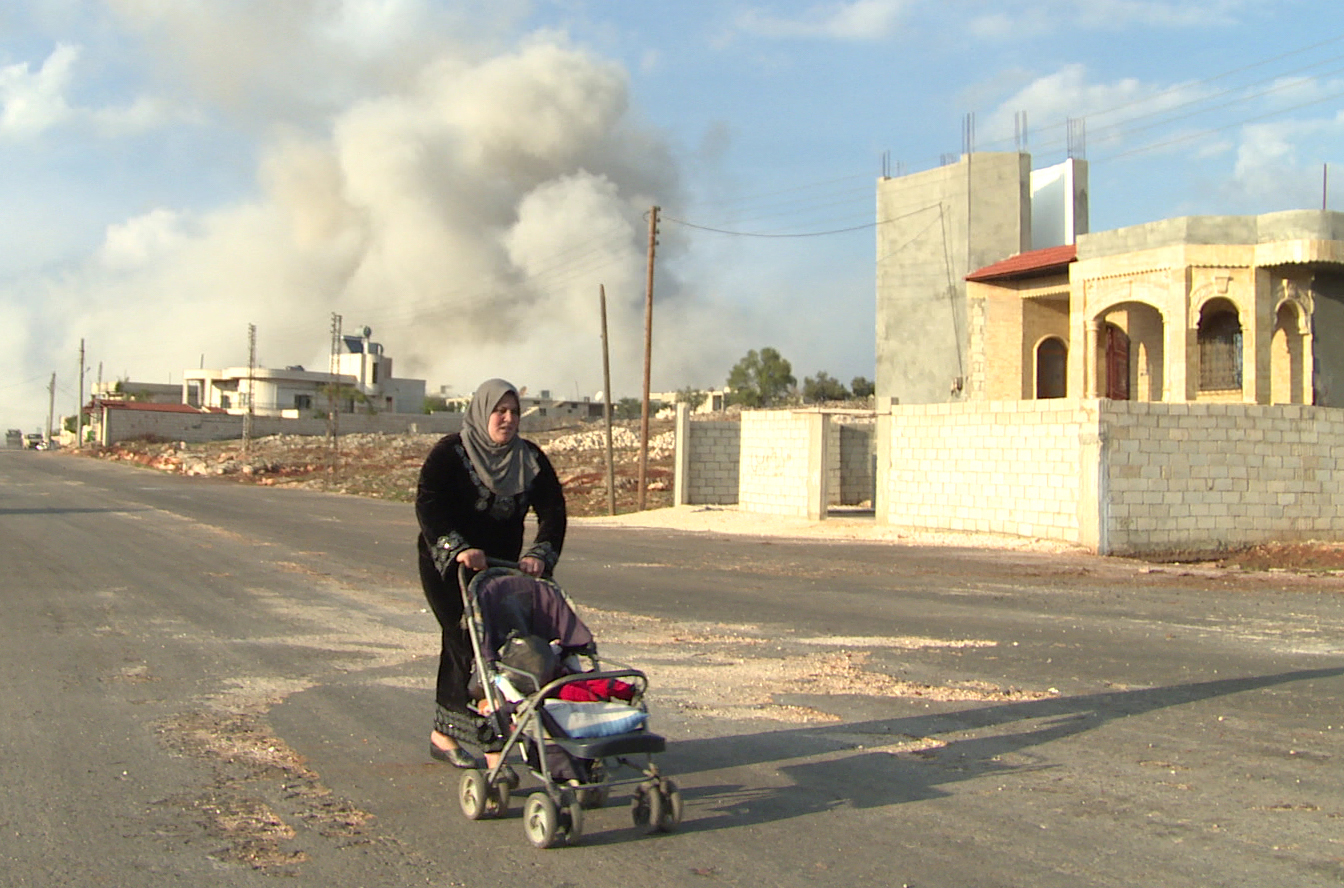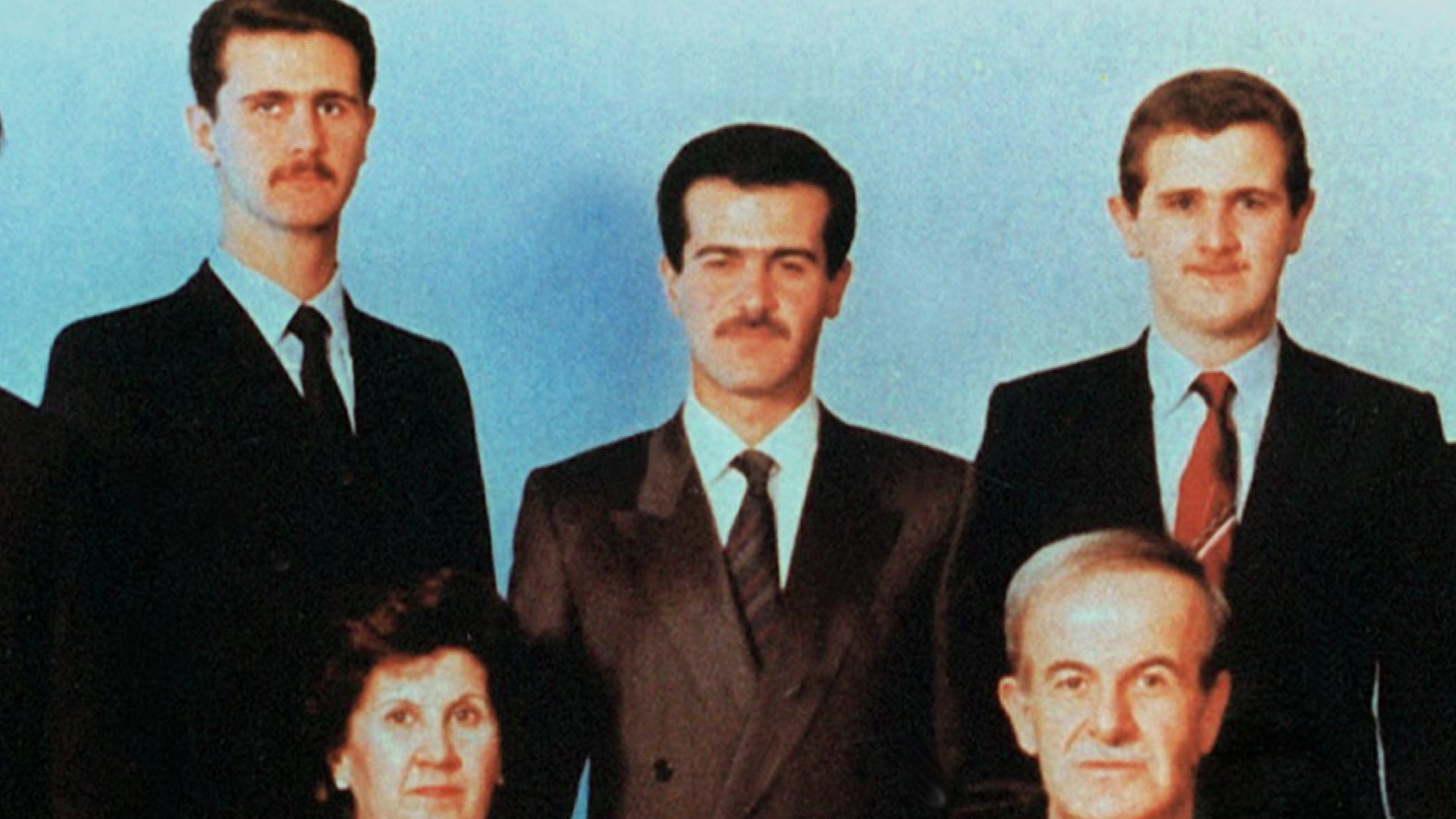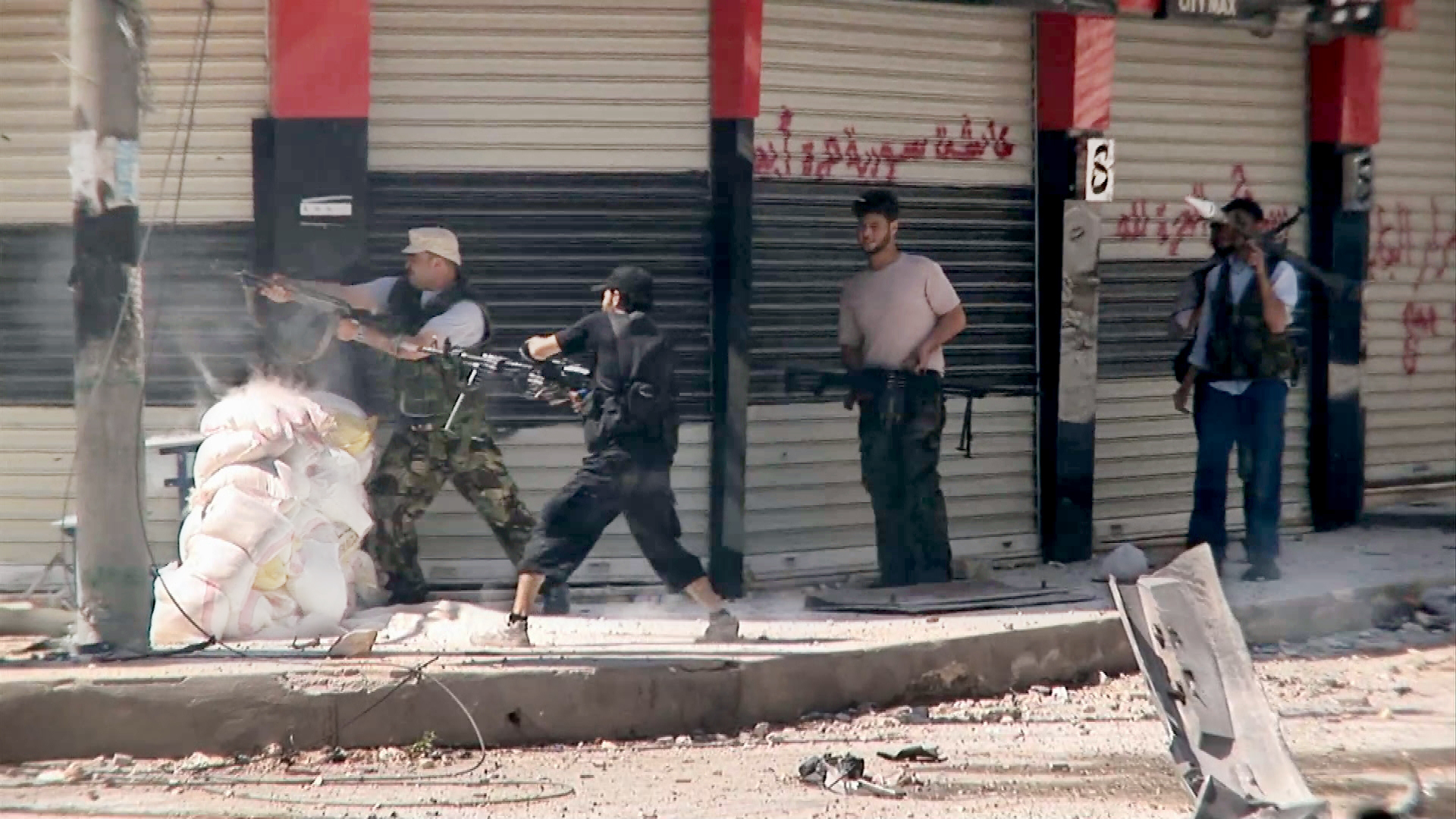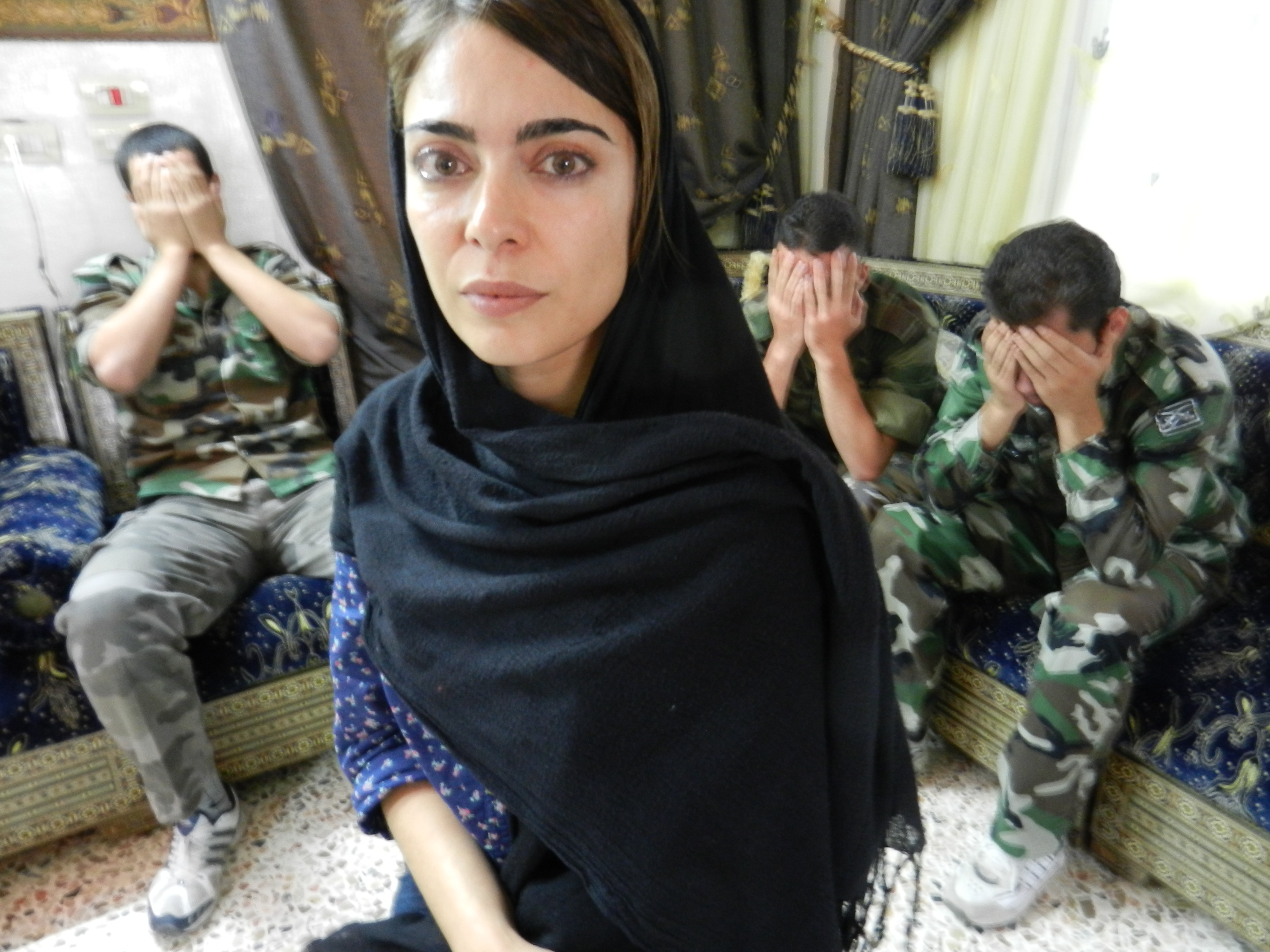Violence Intensifies in Homs after U.N. Resolution on Syria Fails
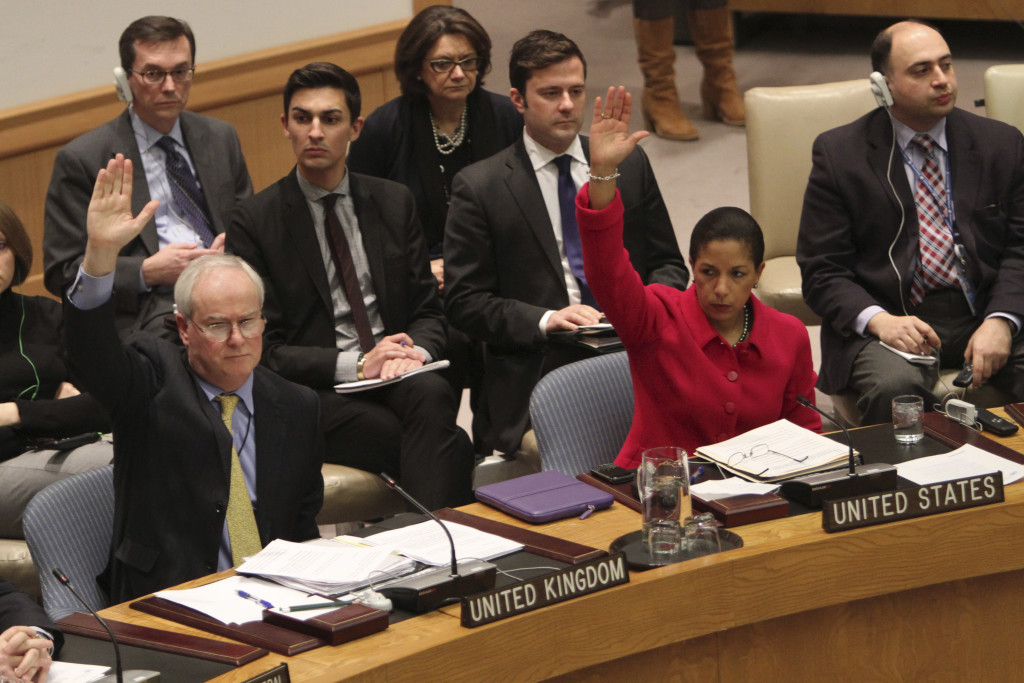
February 6, 2012
Share
Diplomatic efforts to resolve the 11-month-long crisis in Syria have stalled after a resolution condemning the regime’s crackdown failed at the United Nations Security Council on Saturday.
Russia and China vetoed the Arab and Western-supported resolution modeled on an Arab League peace plan that called for embattled Syrian President Bashar al-Assad to step down from power.
“The United States is disgusted,” U.S. Ambassador to the U.N. Susan E. Rice said shortly after the vote. “A couple of members of this council remain steadfast in their willingness to sell out the Syrian people and shield a craven tyrant.”
In the weeks preceding the vote, the resolution had been watered down in the hopes that it would garner the support of Russia and China, who had vetoed an earlier resolution condemning Syria last October. This time, the resolution’s backers agreed to to add language that clarified that the document was not a pretext for future military action and to abandon key provisions, including support for sanctions imposed by the Arab League and measures to prevent the sale of weapons to Syria.
But the compromise ultimately failed to win over the two holdouts.
“We are not friends or allies of President Assad,” Russian Foreign Minister Sergei Lavrov said shortly before the vote. “We try to stick to our responsibilities as a permanent members of the Security Council, and the Security Council by definition does not engage in domestic affairs of member states.” He criticized the resolution for taking sides in a civil war and making too few demands on armed groups in Syria, saying it contained “an absolutely unrealistic provision expecting that the government of Syria would withdraw from the cities and towns exactly at the time when the armed groups are taking over the quarters of those cities and towns.”
Lavrov said the U.N. vote should have been put off until Russia’s foreign intelligence chief, Mikhail Fradkov, travels to Syria on Tuesday to meet with Assad.
It is unclear what steps the Arab League will take in response, but some Western states have called for more rigorous efforts to address the conflict.
“Faced with a neutered Security Council, we have to redouble our efforts outside of the United Nations with those allies and partners who support the Syrian people’s right to have a better future,” said U.S. Secretary of State Hillary Rodham Clinton while in Bulgaria yesterday. Today the U.S. halted its embassy operations in Syria and withdrew its staff, citing escalating chaos there.
The U.N. vote took place the day after Syrian forces launched an attack in the city of Homs, what activists are calling the most deadly government assault since the protests broke out. The siege in Homs also fell on the 30th anniversary of the 1982 massacre in Hama, when the government of Bashar’s father Hafez al-Assad launched an assault on Islamist opposition that’s known as one of the bloodiest chapters in modern Arab history. Shelling continued in Homs today, with conflicting accounts from activists who say a massacre took place and the government, which says the bodies being uncovered are those of Syrians captured by rebels.
Analysts warn that Homs, Syria’s third-largest city, could potentially become a hub for sectarian violence if the regime falls. Since the 1970s, the city has been rife with tensions between its majority Sunni population and minority Alawites, who make up a disproportionate percentage of the government.
The revolt in Homs is particularly significant because it is increasingly led by an armed opposition fighting the country’s security forces, “taking on the tone of civil war.” Last November Human Rights Watch released a report detailing abuses in Homs — unlawful killings, arbitrary detention, disappearances and torture — it says amount to crimes against humanity committed by Syrian security forces.
The United Nations, which had estimated that more than 5,400 civilians had died since the uprising broke out last March, recently announced that it was unable to update the figure. But as Foreign Policy‘s David Kenner points out, the latest death toll estimates from the Violations Documenting Center in Syria put the number at 7,054 over the last year.
Related Documentaries
Latest Documentaries
Related Stories
Related Stories
Explore
Policies
Teacher Center
Funding for FRONTLINE is provided through the support of PBS viewers and by the Corporation for Public Broadcasting, with major support from Ford Foundation. Additional funding is provided the Abrams Foundation, Park Foundation, John D. and Catherine T. MacArthur Foundation, Heising-Simons Foundation, and the FRONTLINE Trust, with major support from Jon and Jo Ann Hagler on behalf of the Jon L. Hagler Foundation, and additional support from Koo and Patricia Yuen. FRONTLINE is a registered trademark of WGBH Educational Foundation. Web Site Copyright ©1995-2025 WGBH Educational Foundation. PBS is a 501(c)(3) not-for-profit organization.




